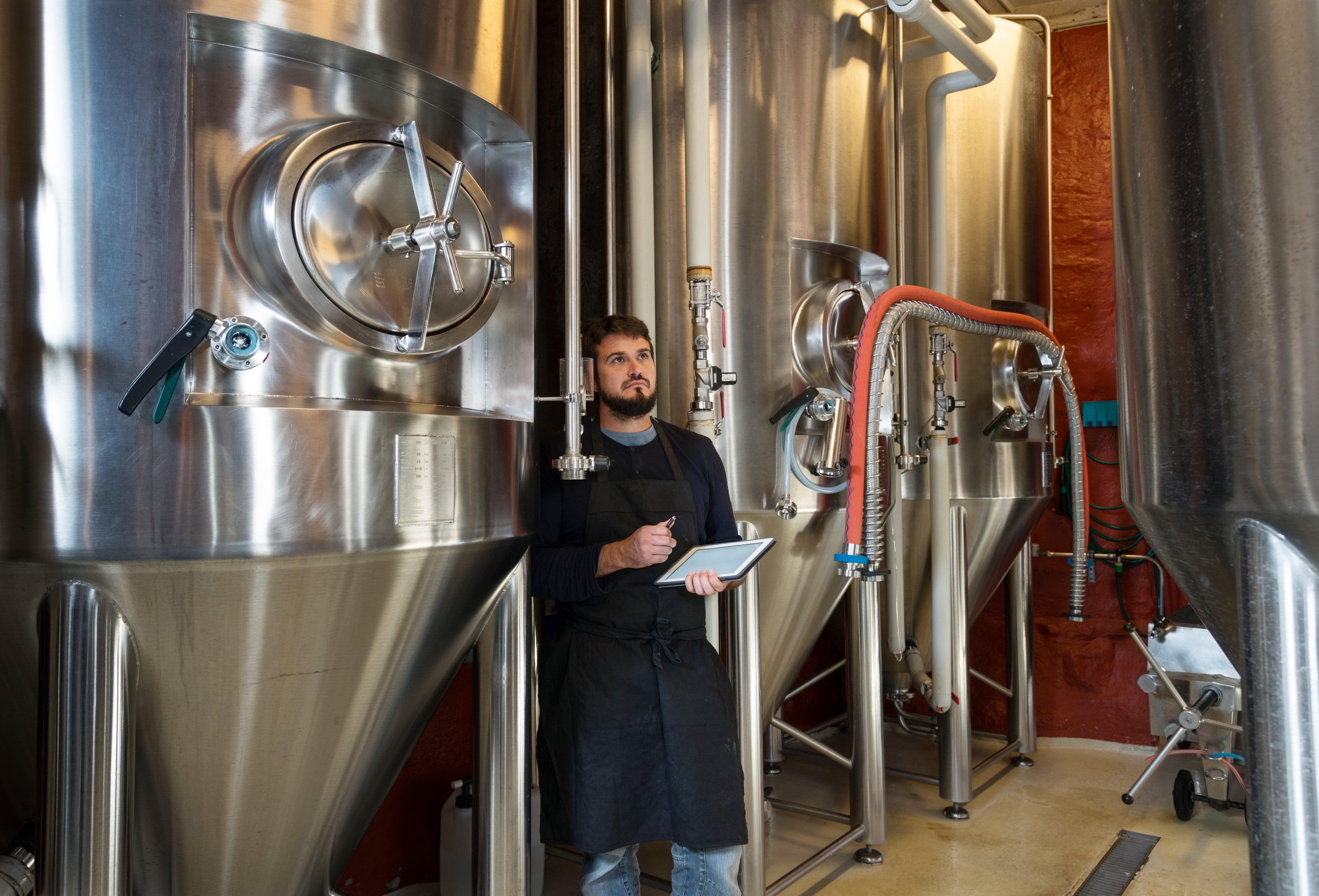Enduro Genetics, a Denmark-based start-up, aims to increase efficiency in biomanufacturing. By getting producing cells ‘addicted’ to production, the start-up aims to vastly improve production efficiency in a range of fermentation-based industries, including alternative proteins.
Why fermentation loses efficiency
When organisms are reproducing, according to Enduro CEO Christian Munch, they will want to do it lots and by using the least amount of energy.
Despite the fact they have been engineered to produce a certain product, they will still, with each new generation, ‘mutate’ in order to find a path for survival or growth.
“You still have four billion years of DNA around the DNA you inserted. It’s just hard wired. It’s evolution,” Munch points out.
When you ask producing cells to produce in a fermentation process, they channel energy they would have been using to grow towards production, yet new generations will try to work out ways to avoid production in order to grow, reducing efficiency.
“Eventually, production will vanish completely, and all the cells that are in the bioreactor [will now be] cells that have figured out how to escape production,” explains Munch.
This usually happens over the course of 60 to 80 generations, or three-to-five days.
“The more you have engineered your organism to produce, the faster it will escape,” adds Munch. This means that the most productive cells cannot be scaled up as they escape too quickly.
This does not happen in all fermentation processes: some processes are ‘growth-coupled,’ as, for example, ethanol is. In this case, the more the microrganisms grow, the more is produced.
How fermentation can gain efficiency
Enduro’s technology, explains Munch, can make any product growth-coupled.
The company’s plug-in technology, he says, can ‘trick’ the organism into ‘thinking’ that it’s dependent on production to grow, coupling productivity to health and growth.
“Therefore, it’s only the high-producing cell variants that can grow efficiently. And if new cell variants are formed, then they’re not able to grow efficiently.”
The process saves costs by increasing the amount of highly productive cells. At the end of a typical fermentation process, according to Munch, a mere 15-20% of the cells are ‘high producers’, producing around 50% of the product. The rest are low or non-producers, which take up space and nutrients. Increasing the proportion of productive cells means less waste.
The company’s technology also, Munch explains, prevents the productivity decline often seen in fermentation processes.
It also allows companies to run a continuous fermentation process, whilst taking a partial harvest at intervals, rather than having to stop the process completely and clean the bioreactor. This is called fill and draw.
In all, the resulting product is not changed by the technology, only the rate of productivity.
The technology allows producers to lower carbon emissions, explains Munch, simply by improving the efficiency of production.
“The input required is the same, but you get more out,” explains Munch.
It also has the ability to improve scalability. Some fermentation processes, explains Munch, work well in the lab or a small-scale bioreactor, but collapse on a large scale.
Enduro’s technology prevents this from happening, allowing producers to scale the process up.
The technology does not provide as much value for those processes which are already growth coupled.
“If the production is not a burden, then there’s not a big problem for us to solve,” explains Munch.
It is a plug-in technology, he explains, and can be used across the industry. It takes around six-to-eight months to implement.


